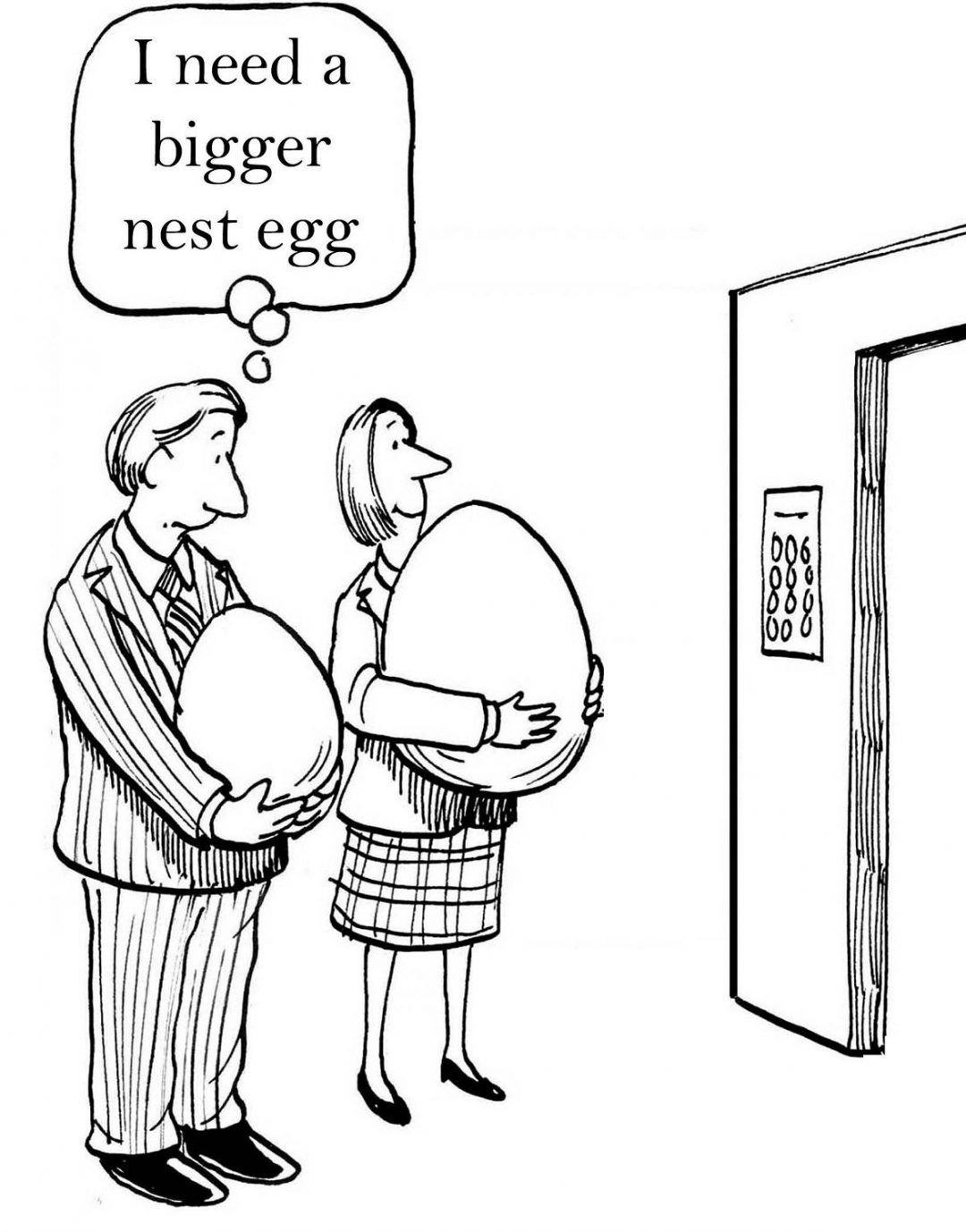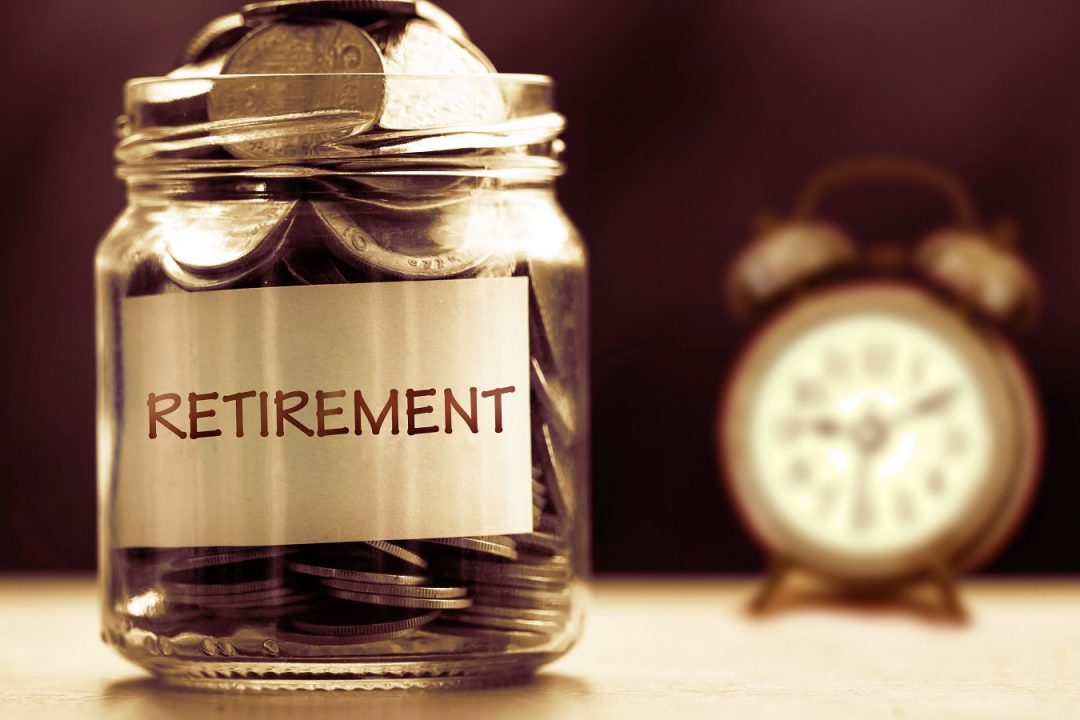Top 5 Stocks to Buy for Baby Boomers

With all the major hype and hoopla surrounding millennials and their sky-high achievements, baby boomers seem to be much less a topic to talk these days. Practically no one speaks about them, let alone the stocks that they must buy.
It is, however, an extremely important topic. Given how baby boomers – the bulk of the population – are now moving towards retirement, and how bond yields are going up, and how experts are leaning towards calling the bonds bull market history, it is prime time for the generation to take action and make their portfolios as risk-free as possible.
Here are the top 5 stocks that baby boomers can buy to help stay well-off getting into and throughout retirement.
Royal Caribbean Cruises (RCL)
As a general rule, retirees with a good amount of savings in their accounts tend to travel quite a bit during the first decade of retirement. Given that the oldest of the generation is now 72 years old, they still have a couple of years to travel before they settle for good.
This makes up for one of the many reasons why buying a stock in Royal Caribbean Cruises Ltd (NYSE:RCL) is a fantastic idea for baby boomers. Stocks here have a low risk factor as there are a large amount of baby boomers near to the age of travel who are sure to participate in cruising. Added to that is the fact that millennials too are now very interested in and participate in cruising in large numbers – which is always good news for the business, as even when the boomers will pass over the cruising phase, there will be a large group of millennials to pick up the slack.
There are numbers to show it too – In the last 5 years, RCL stock has gone up by an average of 30% every year – a momentum that is expected to continue for a few more years to come.
Vail Resorts (MTN)
Not all baby boomers are interested in cruising – there are several health-conscious ones who love to enjoy life and keep fit by engaging in more sporty activities such as skating and skiing.
With a good many of baby boomers being in great form, several do ski their way well into their 80’s, if not further. In fact, chances are that many of these have worked past the age of 65 – not with the purpose of earning money, but to spend their time in a more productive manner.
Owning stocks in a company such as Vail Resorts, Inc. (NYSE:MTN) makes it all the more a sweeter (not to mention low-risk) Given that it is one of the world’s biggest ski resort companies, it is sure to receive plenty of business from baby boomers from the next two decades at the very least. And even when the phase does pass, one can assume that there will be a lot of millennials to pick up the pace.
Ameriprise Financial (AMP)
Lauded as one of the most stable, Ameriprise Financial, Inc.’s (NYSE:AMP) stocks have been appreciated since before it turned out to be a sought-after insurance company. In between these years, their stock has grown by 316%, which is over two-and-a-half times that of S&P 500.
As of the end of 2018, Ameriprise had over $131.8 billion assets under management, with major presence U.S. and in countries all over Europe. Not to mention the fact that their asset management business (which is in fact their main business) generates over $80 billion in annual gross sales.
Such a low-risk, high-reward situation is especially ideal for the younger of the baby boomers, who may still be looking for good stocks to invest in. Those who already have can sit back and enjoy the fruits of their choices.
Lululemon (LULU)
Further debunking the myth that baby boomers aren’t the healthiest generation, there are many who are not interested in travel, but do more than their bit to stay fit. Scores of baby boomers today opt for healthier activities such as Zumba, running, Pilates and yoga.
Taking up a rather large part of the yoga accessories and apparel market is Lululemon Athletica Inc. (NASDAQ:LULU) – a company that is known and reputed to be the go-to place for many a customer to buy their grear. Not only is their gear popular among both sexes, it is popular across all ages due to their wide range of styles and products that serve the purpose whilst not compromising on comfort. This high selling point makes it an ideal area for would-be investors.
Vanguard Health Care ETF (VHT)
Regardless of how fit baby boomers will be, one cannot escape the fact that they do – or at least will need an advanced quantity and quality of healthcare. Vanguard Health Care ETF (NYSEARCA:VHT) is one company that really is prominent here, with its high reputation and low-risk stocks.
Armed with a 372 healthcare stocks-strong portfolio, a median market cap of $76 billion, and $7.2 billion in total assets, the company practically the strongest in the traditional healthcare sector, and with the large number of baby boomers in the picture, is sure to continue to do so. It is no wonder then that it is one of the biggest ETFs in the country.



